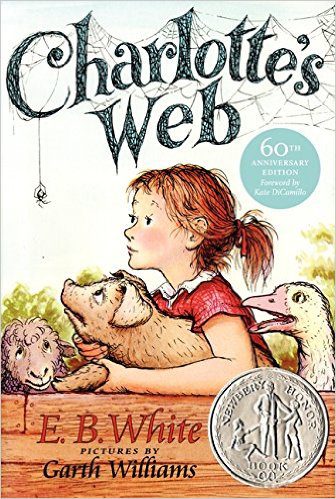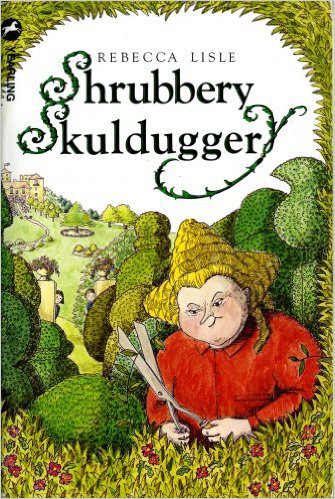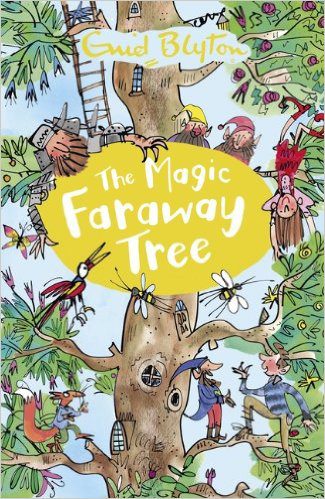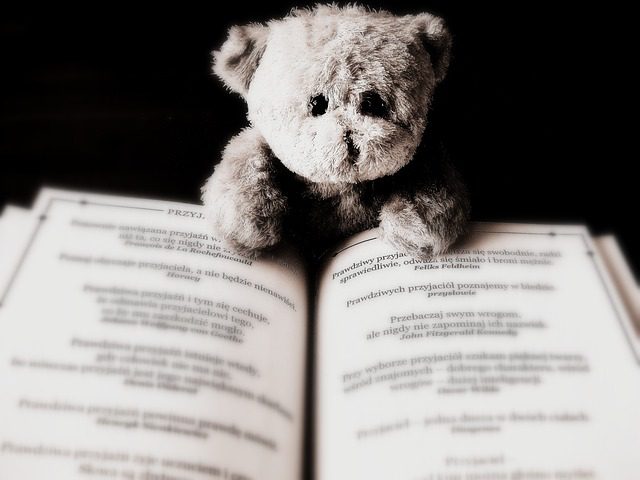
by Marcus Goh & Adrian Kuek
You can do as many grammar exercises and memorise as many word lists as you want, but nothing trumps a habit of reading when it comes to improving your English. But in this age of social media, mobile games and bite-sized articles (like this one), how do you get your child to develop a love for the written word?
To love to read, they must first develop a habit of reading. Reading doesn’t have to be a chore – follow these five baby steps (or Primary school steps) and you’ll soon find your child opting to read instead of going on their mobile phone.

1. Ask your child to carry a book around
Being in Singapore, queueing and waiting is an inevitable part of life. So rather than frittering away those pockets of time, why not take out a book to read? Have your child carry a book around so that it’s convenient for them to reach for it whenever they’re waiting. Soon enough, you’ll see them pulling out a new book rather than their mobile phone whenever they’re free.

2. Let them read at their own pace
Nothing kills passion faster than strict, inflexible goals. Don’t force your child to read “at least XXX pages every week.” Instead, let them finish the book at their own pace. They might read half the book in one week, but only two or three pages the next. That’s perfectly fine, since real life doesn’t follow such a regimented structure. You can give them a gentle reminder now and then to continue their book, but otherwise, let them read whenever they like.

3. Set aside time everyday to read
However, you must show them that you consider reading to be just as important as their other pursuits. Whenever you’re serious about a subject or skill, you’ll carve the time out in their schedule for them to attend class or practice their skills. So make them see that you’re just as dedicated to reading as you are to their other classes. Start with a short session but make sure they read daily. 15 minutes a day, just before bed time, is a good way to start. If you see them starting to read for more than 15 minutes, you know you’ve done your job! Just make sure they don’t sleep too late because they’re reading.

4. Let them choose their own titles
Give your child some autonomy and let them choose their own favourites. They might not be attracted to Charles Dickens or Enid Blyton, but they might pick up Judy Blume or even Michael Crichton. As long as the subject matter is suitable for their age, there’s no harm in letting them read titles that aren’t considered literary classics. Remember that the goal is to start a habit of reading – selecting genres for them can come later.

5. Don’t be afraid to let you child quit a book if they don’t like it
Not every book will appeal to every child and sometimes you just have to acknowledge that a book isn’t working out for your child. That doesn’t mean they won’t like other books though! Give your child the permission to quit a book if they don’t like it after the first three chapters, so that reading doesn’t become a painful task for them. As long as they’re trying out new books, they’re still cultivating the habit of reading. And that’s what matters.

It might not be as exciting as a game or movie with the latest cutting-edge graphics, but reading stimulates the imagination and broadens your horizons like nothing else can. It exposes you to new sentence structures, different words and varied styles, but in a passive and gentle way, so it doesn’t feel like studying. Few habits improve English like a good book, so try out these tips and watch your child’s love for reading flourish.
If you’re not sure where to start, here are some good books that started me on reading all sorts of fiction.
Recommended Reading List
Are You There God? It’s Me, Margaret by Judy Blume
Shrubbery Skulduggery by Rebecca Lisle
The Magic Faraway Tree by Enid Blyton (“The Enchanted Wood” is the first book though)
The Worldwide Dessert Contest by Dan Elish
If you liked the article, follow me on Facebook and Twitter for more (presumably) good updates!
To get in touch with me, send an email!
Leave a Reply